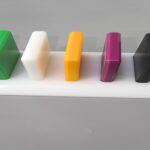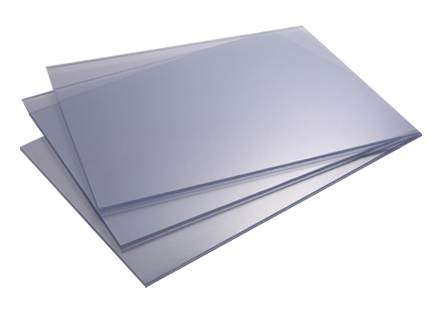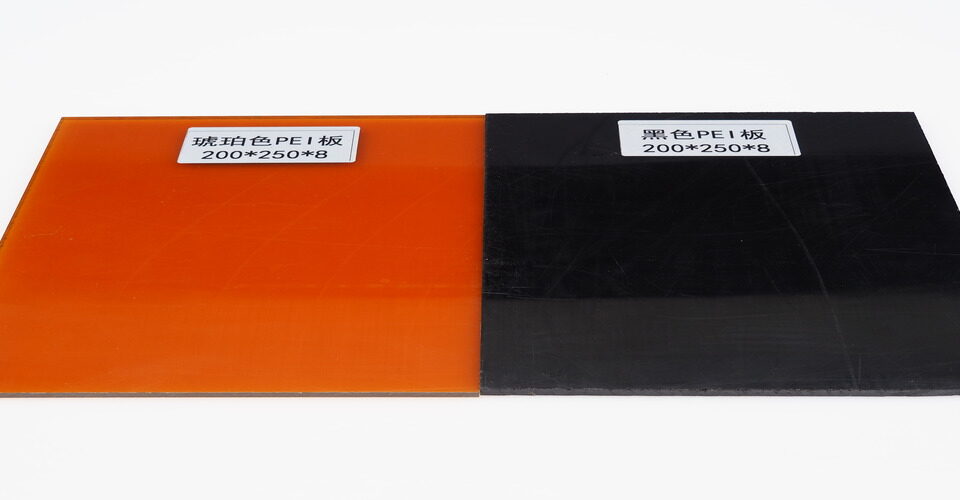
What are the advantages and disadvantages of HDPE?
February 10, 2025
Where is PC plastic used?
February 10, 2025PVC (Polyvinyl Chloride) panels are widely used in construction and interior design due to their diverse range of properties. These panels offer a cost-effective and versatile solution for various applications. Below are the key properties of PVC panels:
1. Durability:
- High Strength: PVC panels are tough and durable, capable of withstanding heavy impacts without damage.
- Long-Lasting: They are resistant to wear and tear, ensuring longevity even in high-traffic areas.
2. Water Resistance:
- Moisture-Proof: PVC panels are water-resistant, making them ideal for bathrooms, kitchens, and other wet environments.
- Non-Absorbent: Unlike wood or other materials, PVC does not absorb water, preventing warping or rotting.

3. Fire Resistance:
- Flame Retardant: PVC panels are inherently fire-resistant, making them safer for use in buildings.
- Self-Extinguishing: In case of a fire, PVC panels will not continue to burn once the flame source is removed.
4. Low Maintenance:
- Easy to Clean: PVC panels are simple to wipe clean, requiring minimal maintenance.
- Stain-Resistant: Their smooth surface resists stains, making them a practical option for high-use areas.
5. Lightweight:
- Easy to Handle: Due to their light weight, PVC panels are easier to transport and install.
- Reduced Labor Costs: The ease of installation helps reduce overall labor costs.
6. Aesthetic Appeal:
- Variety of Designs: PVC panels come in a range of colors, textures, and finishes, allowing for versatile design options.
- Modern Appearance: They provide a sleek, modern look suitable for both residential and commercial spaces.
Conclusion:
PVC panels are an excellent material due to their durability, water resistance, fire safety, low maintenance, and aesthetic versatility. They are suitable for a wide variety of applications, especially in environments where moisture or fire resistance is crucial.






